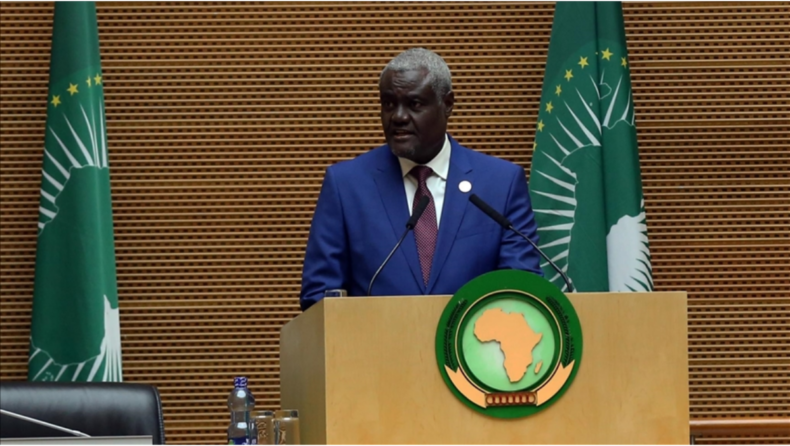
As Russia’s war in Ukraine progresses, the conflict’s consequences continue to reverberate around the globe. In Africa, the war is upsetting long-term trends and eliciting conflicting responses from governments.
Increased sanctions are forcing the Kremlin to expand its contacts with countries outside of Europe and the United States. Thus, leaving African countries vulnerable to food shortages and energy project finance. While some see this as a chance to create economic capability on the continent. And the others believe it has given the Russian government the opportunity to rethink its African policy.
Africa is on the verge of a food shortage
Russia’s war in Ukraine jeopardizes global and African food security because Russia and Ukraine are key grain exporters to Africa. The current increase in food scarcity and price spikes, particularly in nations that rely on Russian and Ukrainian imports, is cause for alarm.
Africa will import $4 billion and $2.9 billion worth of agricultural products from Russia and Ukraine, respectively, in 2020. Corn, wheat, and soybean prices have risen as a result of the ongoing conflict in Ukraine. Around 20 million people in the Sahel and West African regions do not have enough food.
The rising cost of fertilizer adds to the rising cost of food. Thus, Russia is the world’s largest exporter of nitrogen fertilizer and the second-largest exporter of phosphorus and potassium fertilizer, according to the United Nations.
Cameroon, Ghana, Senegal, and Kenya are among the African countries that rely on Russian fertilizers. However, as a result of strong economic sanctions, Russia’s ability to ship fertilizer around the world has plummeted, resulting in a major shortage.
Russian Oil Companies: Their Existence and Concern
Russian oil corporations were active in Africa earlier this year. Exploration activities by significant Russian corporations such as Lukoil and Tatneft are at jeopardy, putting African countries at risk if the war in Ukraine continues.
Furthermore, final investment choices and development projects in Cameroon and Ghana are projected to be postponed due to possible international penalties against Lukoil in Sub-Saharan Africa, where the Russian corporation Lukoil is significantly active.
Opportunities for African countries are not all unfavorable
With rising oil prices, fears of fuel scarcity, and the European Union’s determination to phase out its reliance on Russian oil, Africa is looking for new energy sector investors in Europe who will soon be free of Russian natural gas.
The EU buys 45 percent of its imported gas from Russia, according to the International Energy Agency, providing African governments with a big potential energy market. As now that the EU is engaged in Africa’s plentiful natural gas.
Africa has begun to seize this once-in-a-lifetime chance. The projected Trans-Saharan gas pipeline to Europe was recently revived by Algeria, Nigeria, and Niger. The pipeline will transport around 30 billion cubic meters of gas per year from Nigeria.
Countries with significant natural gas capability, such as Senegal, Nigeria, Mozambique, and Tanzania, will also profit. In the midst of the present energy crisis, Europe may immediately tap into Africa’s natural gas and diversify its supplies. It also allows Africa to produce vital and much-needed cash streams for the continent’s gas markets.
Are there opportunities for Russia?
On April 7, ninety-three United Nations member countries agreed to suspend Russia’s participation in the UN Human Rights Council. However, over 20 African countries did not vote, abstained from voting, or voted no on the suspension. This indicates that Russia may be able to maintain its economic, political, and security cooperation with African governments.
Mali and the Central African Republic are receiving varied levels of security assistance from the Russian government and Russian private military contractors. While the Sudanese government remains receptive to a Russian naval facility on its coast. In addition, Russia continues to ship wheat to nations such as Sudan, Senegal, and Mozambique.
Conclusion
Whether the war ends immediately or drags on for a long time, Russia will continue to establish economic, political, and security ties with African countries. Due to a lack of resources to solve the issues that many African countries face, such as governance, poverty, and terrorism, Russia will keep relying on low-cost tools to exercise influence.
Read More : South Africa sees surge in Covid cases from versions of Omicron.













